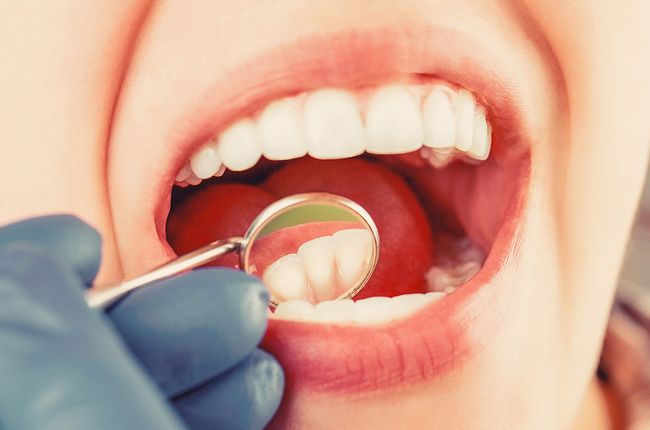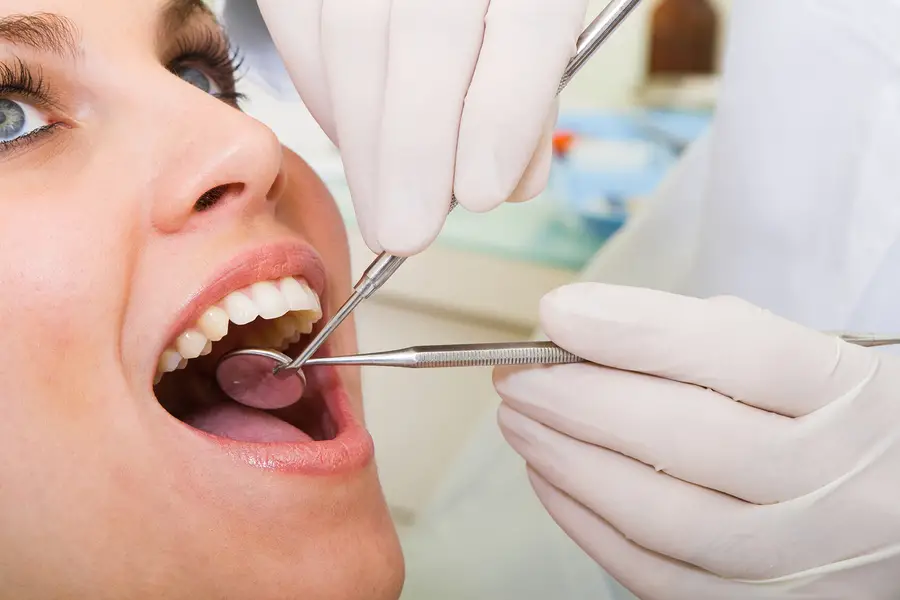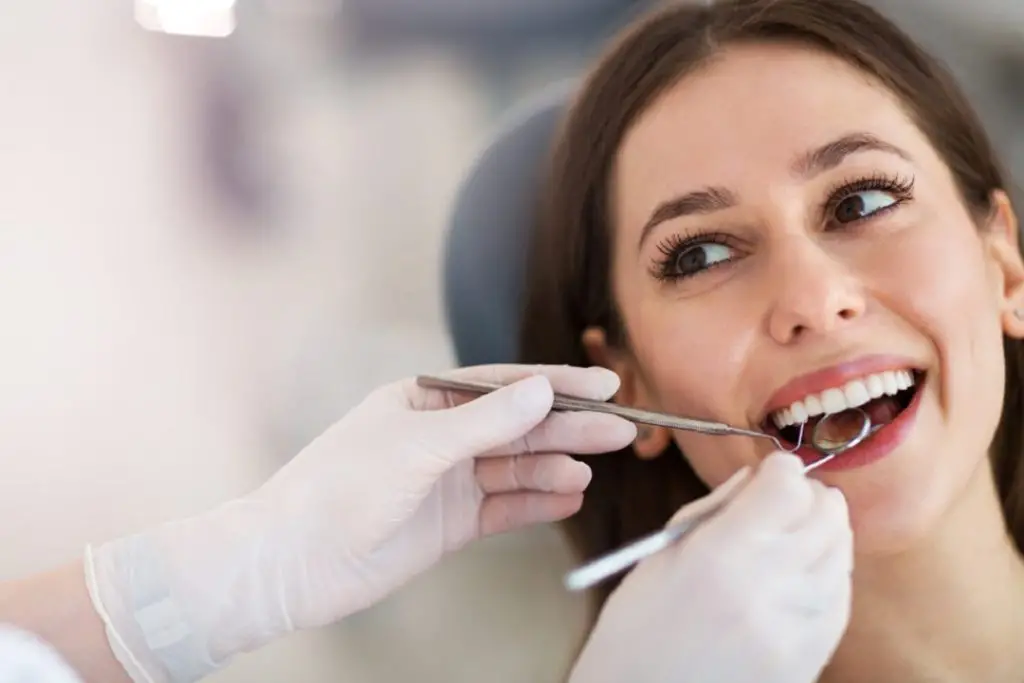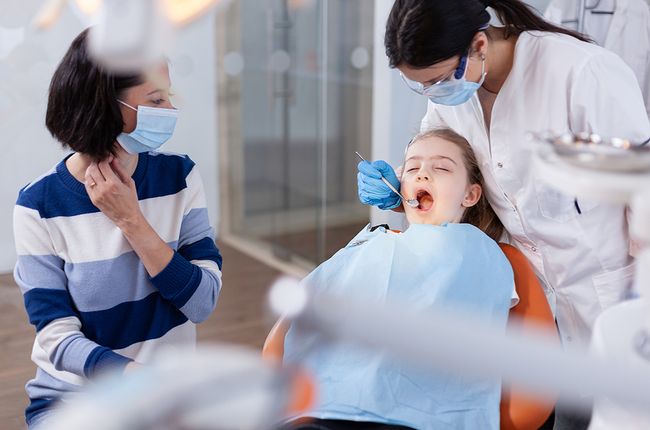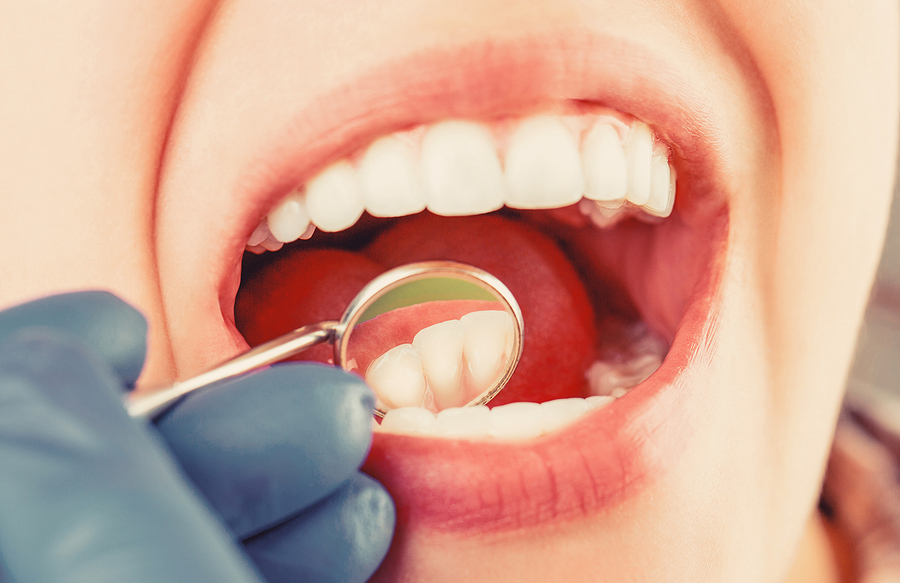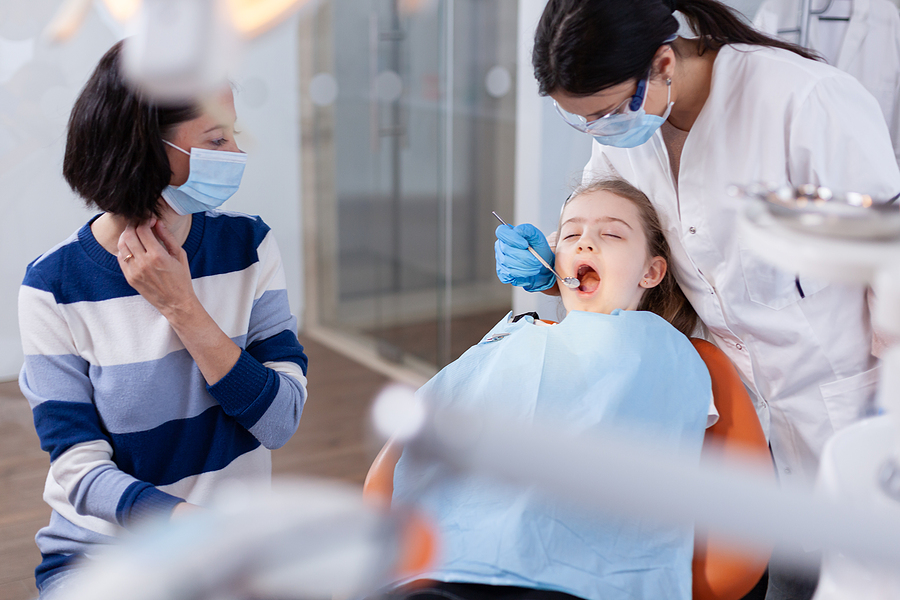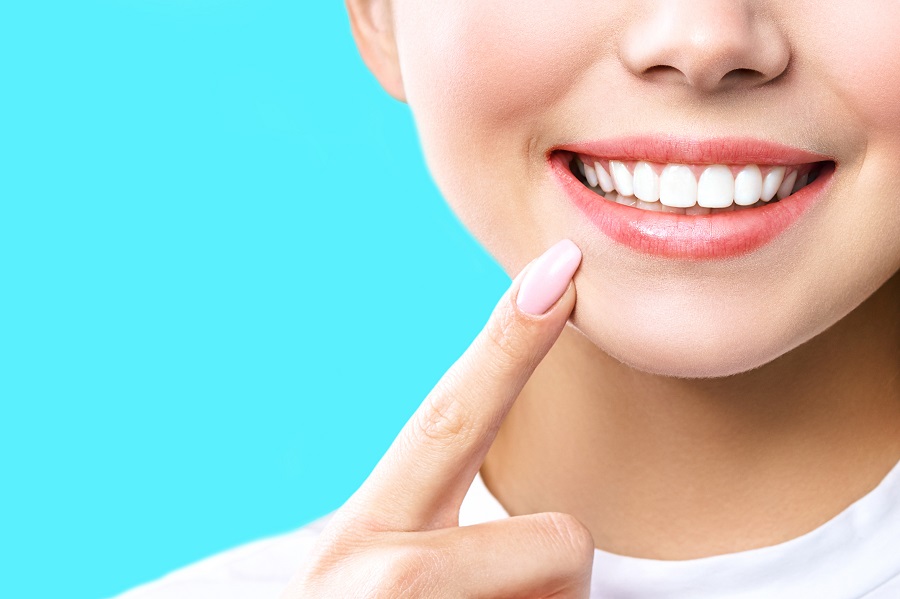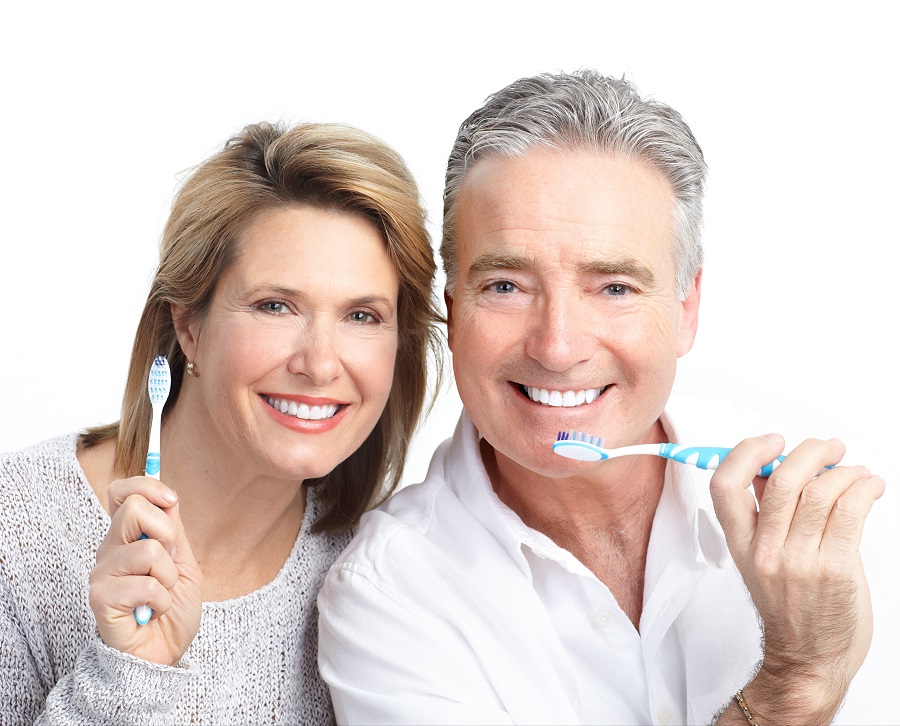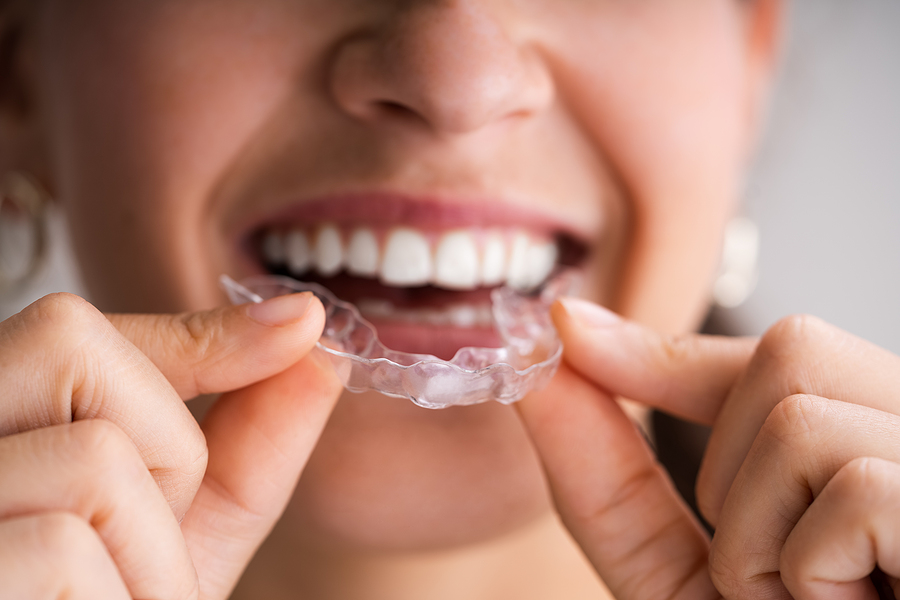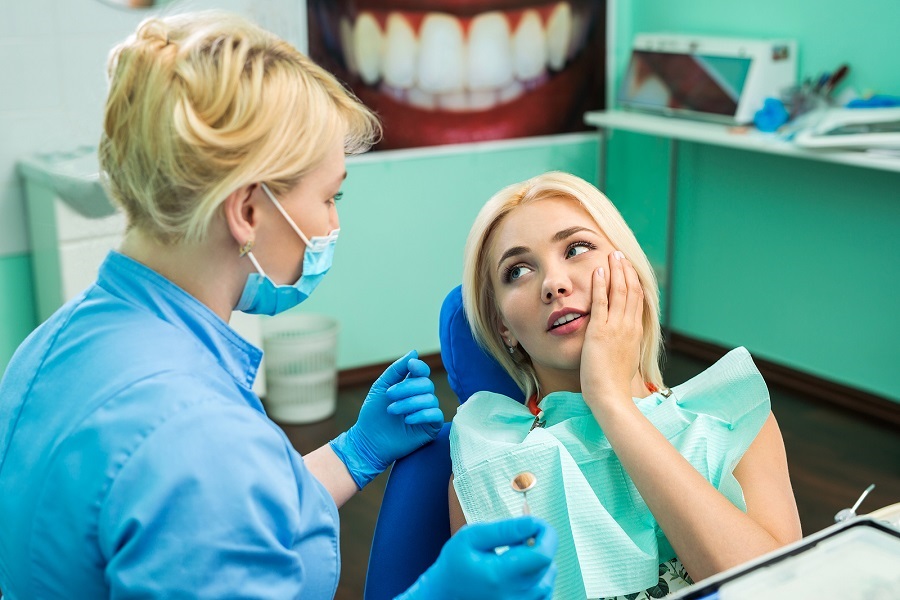Oral Health In Children - Preventive Techniques
Good oral health is essential for children, just as it is for adults. Oral health affects more than just the health of the teeth and gums. It also impacts speech, nutrition, self-esteem, and overall health. Here are a few tips that can help maintain good oral health in children.
Schedule Regular Dental Visits
The American Academy of Pediatric Dentistry recommends that your child visit the dentist by his or her first birthday to ensure that developing teeth grow free of decay and other problems. Early visits are also important for learning how to properly care for teeth and gums at home. These professional checkups also give you the opportunity to discuss any concerns you may have, such as thumb sucking or mouth breathing, with your dentist and receive advice on how to correct these problems. During their visit, we’ll also clean off bacteria and food debris from teeth surfaces, apply fluoride treatments to strengthen enamel and look for signs of decay or gum disease. We can also educate you and your child on proper oral care habits and share age-appropriate preventative information.
Help Them Maintain Good Oral Hygiene
Consistent proper brushing and flossing routines are essential for maintaining a healthy smile at any age. You should also teach your children to brush their teeth at least twice a day using a soft-bristled toothbrush and toothpaste that contains fluoride. Flossing once each day is recommended to remove any food particles that may be stuck between the teeth and along the gum line.
If your child needs extra help maintaining good oral health habits, consider scheduling regular appointments with our pediatric dentist. This can help ensure that your child is following a proper hygiene regimen at home and getting any necessary treatments to prevent oral issues from arising in the future.
Topical Fluoride
Topical fluoride treatments can be applied in custom mouth trays or foam swabs. These treatments are particularly useful for children who have a difficult time holding still while brushing their teeth and can be helpful in preventing tooth decay and cavities. The treatment process can be completed in one visit and does not require sedation or a numbing injection.
Get Them Dental Sealants
The chewing surfaces of molars and premolars are the most likely place for cavities to develop because they are rough in texture and contain pits and fissures where food particles can become lodged. When a tooth is damaged by decay, it will need to be treated to prevent it from becoming more damaged. To prevent the occurrence of tooth decay and cavities, dental sealants are a better treatment option. Like fluoride treatments, dental sealants are administered while the teeth are developing and are most effective on children who still have their baby teeth. They protect the entire tooth from bacteria and plaque buildup as well as tooth decay. A sealant is made up of a plastic resin that is applied to the surface of the tooth to protect the chewing surface. It acts as a barrier to bacteria, food particles, and dirt from getting trapped between the teeth and causing damage.
Orthodontics
A child’s baby teeth serve the purpose of helping the child bite, chew and speak correctly. They also help guide the adult teeth into place, so the jaw and face can develop normally.
If your child is showing signs of orthodontic problems, it’s best to schedule an oral health consultation as soon as possible. Early detection and treatment can help provide your child with a healthy, beautiful smile and prevent the need for more extensive treatment options in the future.
By scheduling regular checkups at our office, we can monitor your child’s development and ensure their teeth are growing properly. We provide comprehensive dental services to help care for your child’s smile from infancy through adulthood.
Please reach out to us to schedule a consultation with our Dentist in Reston VA, and we’ll guide you further. Please call us at (703) 595-4405 or reach us through online consultation.
Office Hours
MON - TUE 9:00 am - 5:00 pm
WED 9:00 am - 7:00 pm
THU - FRI 9:00 am - 5:00 pm
SAT - SUN Closed
